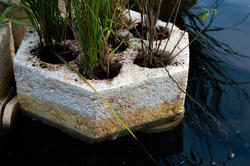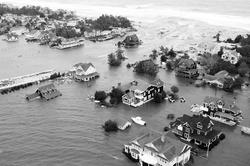Four ongoing research projects by faculty and recent alums focus on composting, improving the visual data used to drive climate research, sustainable biomaterials and tenants’ rights.
Somerson Sustainability Innovation Fund Supports 10 New RISD Research Projects
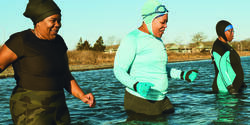
What if artists, scientists and community members collaborated on solutions to climate change-related problems like a lack of clean drinking water or an overabundance of industrial waste? How might a spirit of inquiry and experimentation foster social equity within the field of sustainability research?
A host of new research projects supported by RISD’s Somerson Sustainability Innovation Fund (SSIF) are helping to answer such questions and examining everything from new materials and sustainable fishing practices to race-related drowning deaths and strategies for mitigating urban heat island effect. Named after President Emerita Rosanne Somerson 76 ID and endowed by alum Sarah Sharpe 94 GD, the SSIF offers RISD faculty, students and recent alums up to $25,000 in support of transdisciplinary research focused on sustainability. Six of the AY25–26 projects selected for funding are headed up by RISD faculty members.
“The research question driving my project is simple,” says Industrial Design Professor Peter Yeadon. “How can biodesign enable the creation of an effective atmospheric water generator (or AWG) that converts dry air into liquid water?” The project, Atmospheric Water Generator, was spurred by the approximately 2.2 billion people, mainly in the Global South, suffering from severe water shortages.

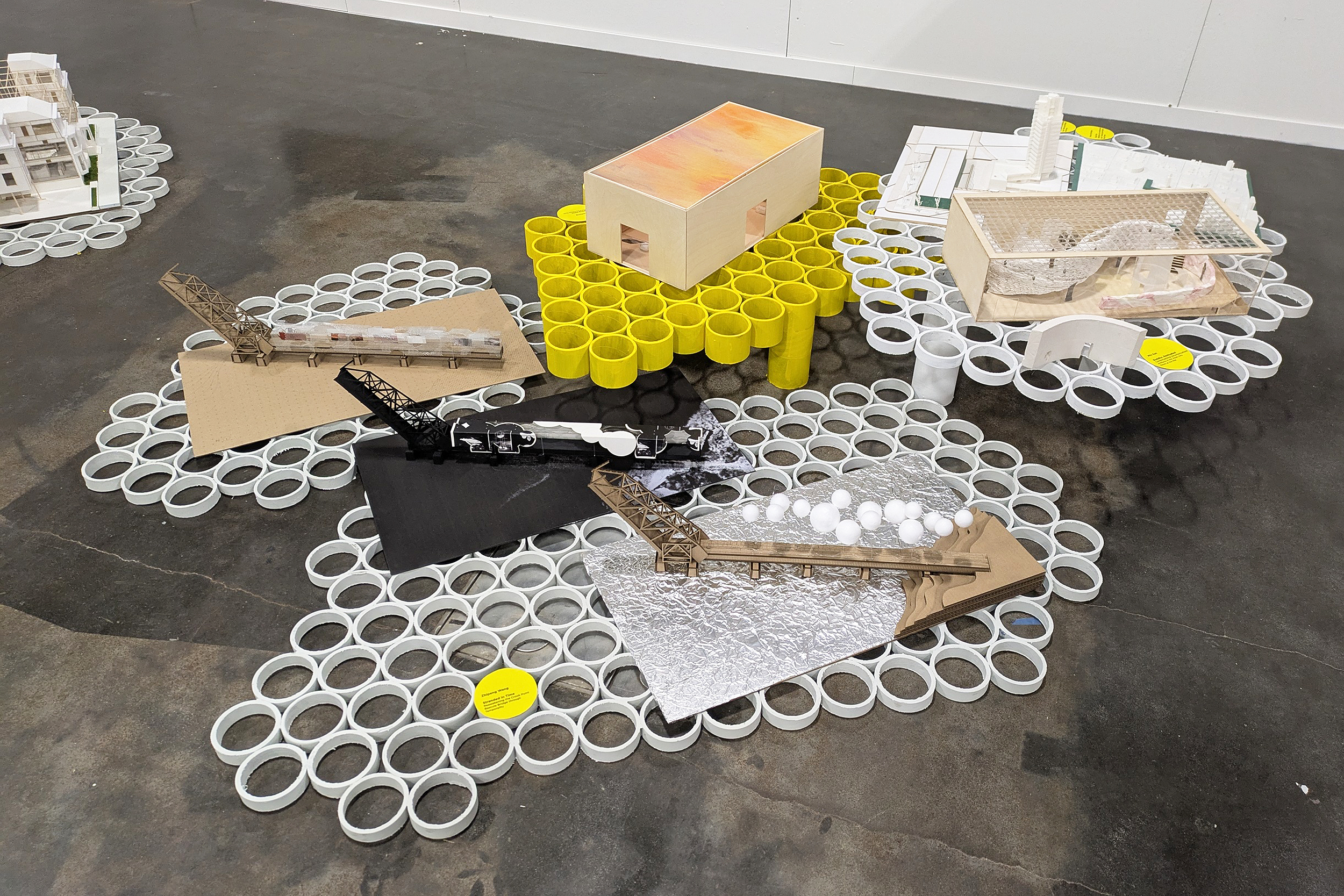
Yeadon developed a prototype in 2024 and is testing it this summer in New York City with help from a team of researchers, including RISD students. In the coming academic year, the team will construct a larger, more advanced AWG that can produce water more efficiently and be tested in the field.
Climate change is also the driver behind Intermediary Softness: Energy Transformations, a three-phase design research project by Assistant Professor of Architecture Debbie Chen considering infrastructural systems as critical cultural technologies. “Intermediary Softness argues for an alternative type of infrastructural apparatus that relies on social engagement, mutual dependencies and a deeper kinship with natural resources,” she says. The first phase of the project focused on water, and Chen is now moving ahead with Phase 2, which will focus on energy.
Also tapping into social engagement is reharvest repair by Interior Architecture Professor Markus Berger and Assistant Professor of Industrial Design Ayako Maruyama 10 ID, which focuses on rethinking the waste cycle in Rhode Island industry. “In order to disrupt the linear material discard flows that have shaped Western modernity and are destroying sustainable futures, we’re taking obsolete and discarded objects and materials and giving them new meaning,” the duo explains.
“Higher temperatures and air-pollution levels created by urban heat island effect lead to an increase in deaths and illnesses such as asthma, heat exhaustion and heat stroke.”
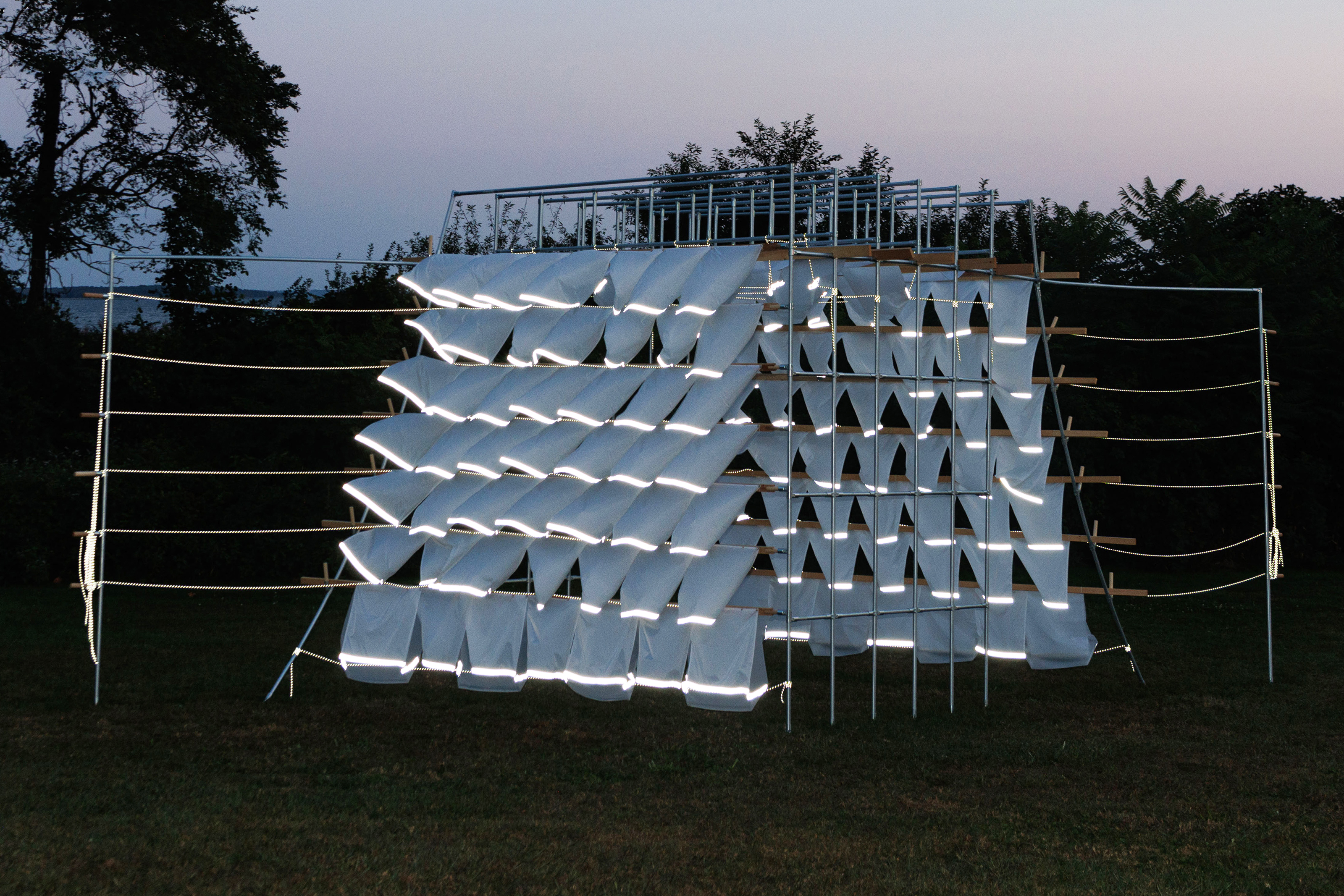
They are working with community partners, institutions, students and academics to reimagine our relationship to materials and collectively create strategies for reusing, repairing and reharvesting when possible and promoting a circular economy in which materials continuously flow through the system without becoming waste.
In the realm of landscape architecture, Tree Grove Strategies for Mitigating Urban Heat Island Effect by Associate Professor of Landscape Architecture Suzanne Mathew proposes strategically planted groves of trees—species like beech, birch and aspen—in underutilized urban transportation spaces. The goal is to mitigate urban heat island effect, which disproportionately impacts communities of color. Mathew is working with likeminded researchers to conduct studies in Providence and across the Atlantic in Alnarp, Sweden, where an arboretum and research space has already been cultivated to study canopy trees.
“Temperatures are projected to rise globally by almost 3° Fahrenheit by 2050,” she says, “but in reality, these increases are happening more rapidly in cities, which are heating up 29% faster than rural areas. Higher temperatures and higher air-pollution levels created by urban heat island effect lead to an increase in heat-related deaths and illnesses such as asthma, heat exhaustion and heat stroke.”
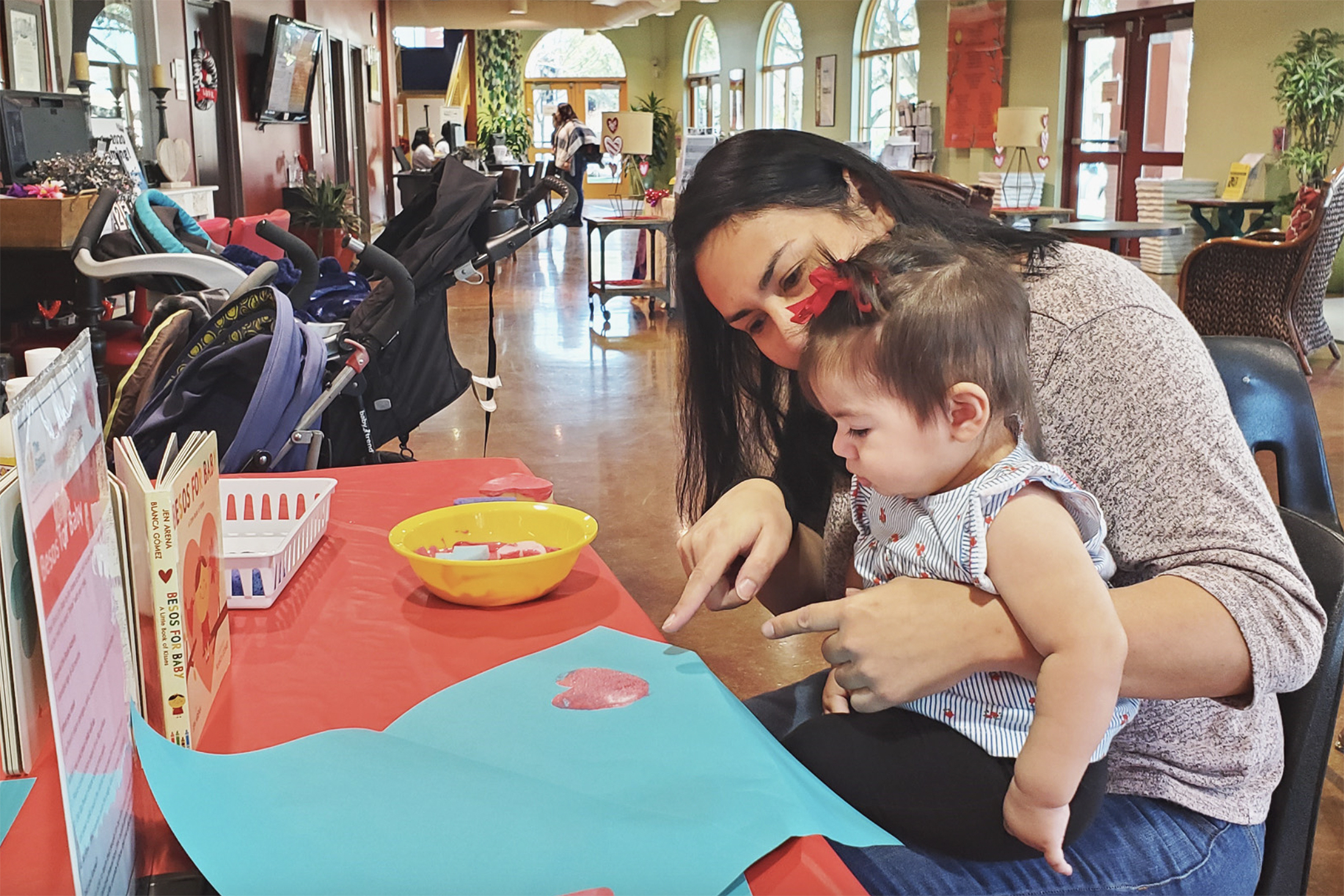

A project by Assistant Professor Jameka Hartley, Mothers Illustrated: The BASICS in Action, is also focused on improving health and wellness outcomes for marginalized communities. Hartley’s research spotlights families of color whose children are entering kindergarten with lower levels of learning readiness than their peers. A series of workshops she will launch this fall teaches parents the BASICS: Maximize Love, Manage Stress; Talk, Sing and Point; Count, Group and Compare; Explore through Movement and Play; and Read and Discuss Stories. “The arts will be a central focus for bringing the basic principles to life,” Hartley adds, “by providing parents with cameras so they can document the work and display their photos at a community art installation.”
Float by Associate Professor of Industrial Design Jess Brown MID 09 is about creating safe, social healing spaces and life-saving swim resources specifically geared towards Black women. Through workshops, interventions, retreats and gatherings, Brown’s project encourages them to learn how to swim. In 2023, 28 children drowned in the state of Rhode Island, most of them people of color. “Our gatherings range from indoor swim lessons, sound baths and spa visits to chartered boat rides and picnics on the beach—all to build comfort with being around water,” Brown explains.
Rounding out this year’s SSIF awards are projects by four recent graduates: For the Salmon by Nellie Geraghty MFA 24 IL, Reimagining the Mythologies of Plastic by Dway Lunkad 24 FAV/SC, AlgaeNet: A Nylon Alternative for a Circular Economy by Felicia Neuhof MArch 24 and Sahrawi Sandscape: Human and Phosphate Extractivism in Western Sahara by Sergio Perdiguer Torralba MA 23 GAC.
Top photo: An SSIF-funded project by Associate Professor Jess Brown (center) is creating safe and social spaces to encourage Black women to learn how to swim (photo by Phillip Keith).
Simone Solondz
August 7, 2025

